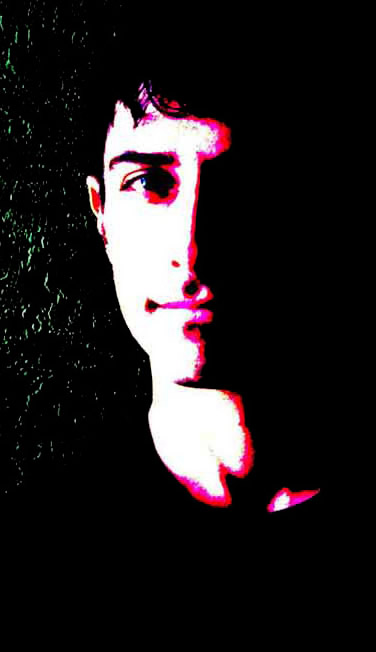Paris Day 20 - John Updike
It was turning into another one of those never-set-foot-out-of-the-monastery days so I performed an intervention and took a walk down my street. I didn't realize it had its very own Arc de Triomphe (the Porte St. Martin) or that it leads straight to the Beaubourg but both of those things are true. All the Parisian stores have sales right now, and, in a deft representation of what I can afford to buy even during sale season, all the mannequins are stripped naked. The dirtiest thing I have seen so far in Paris is the storefront pictured above with the one clothed male model - so very L'Histoire d'O.
I also passed this theater where Grease is playing. Wouldn't it be delish to see Grease in Paris, in French? Unfortunately, in addition to being short on euros and hours, I don't have any marijuana, so I'm going to skip it. Those of you in the Bay Area should check out the sing-along Grease that Peaches Christ and Heklina are doing at the Bridge Theater Valentine's Day. I wish I could be there but I have a hot date that night in Paris with my partner of six and a half years (no not James, unfortunately - the novel).
I haven't had writer's block since getting to Paris but I've now spent an hour avoiding saying something about the death of John Updike. I haven't read a lot of his novels but what I've read, the Rabbit tetralogy, I've read many times, which means I've turned several thousand pages of Updike. I have no way of knowing how much of an influence he was on me, though I often think Rabbit taught me what little I know about how to write. The one thing he wrote that really pissed me off - his notorious review of Andrew Hollinghurst's novel The Spell that managed to dismiss the whole enterprise of gay fiction -
Novels about heterosexual partnering, however frivolous and reducible to increments of selfishness, social accident, foolish estimations, and inflamed physical detail, do involve the perpetuation of the species and the ancient sacralized structures of the family.- set me spluttering with pre-post-gay outrage for months before it set the course of my fiction efforts from then on, from my abandoned novel The Breeders to the present novel with its profusion of pregnancy.
Even at his most lyrical, Updike wielded authority in every sentence of those four monumental books - to say he wrote like God is not as figurative as it sounds. Four passages come to mind tonight - random memories from books I haven't looked at in many years, but each characterized by a command of the kinetic so uncanny it makes Updike's death hard to believe: his videorealistic description of the pinball game, Nelson smashing up the cars in the lot, Rabbit at Rest's terrifying recapitulation, out on the Sunfish, of the tetralogy's formative trauma.
The fourth passage, which opens Rabbit Redux, I read over and over again when I first encountered it, and was happy to find online:
...in summer the granite curbs starred with mica and the row houses differentiated by speckled bastard sidings and the hopeful small porches with their jigsaw brackets and gray milk-bottle boxes and the sooty ginkgo trees and the baking curbside cars wince beneath a brilliance like a frozen explosion. The city, attempting to revive its dying downtown, has torn away blocks of buildings to create parking lots, so that a desolate openness, weedy and rubbled, spills through the once-packed streets, exposing church facades never seen from a distance and generating new perspectives of rear entryways and half-alleys, and intensifying the cruel breadth of the light.When people complain about Updike, specifically about the Rabbit novels, I think they're complaining about the unyielding quality of that light. Nothing got past it, because nothing got past him, and that is why John Updike wrote like God.
Labels: artist retreats, fiction, Paris, the novel, writing


0 Comments:
Post a Comment
<< Home